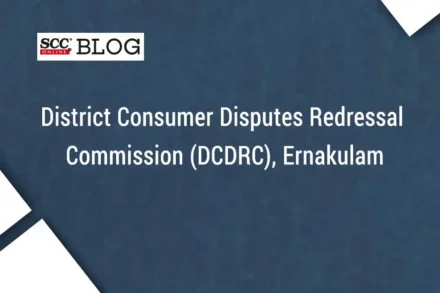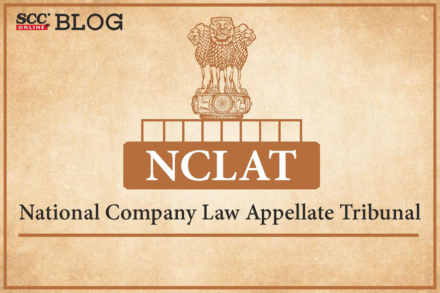
Threshold limit includes both principal amount and interest under IBC; NCLAT set aside NCLT’s order
NCLAT held that the Adjudicating Authority committed error in rejecting the S. 7 application for not fulfilling ‘threshold’ when Deed of Guarantee mentions about the interest on default.
Continue reading

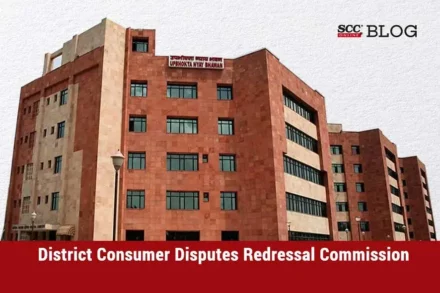
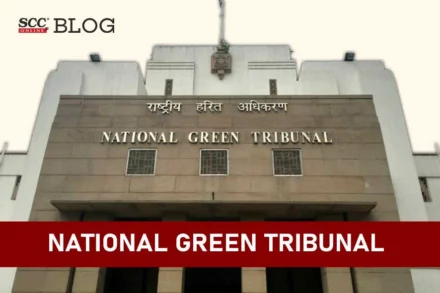
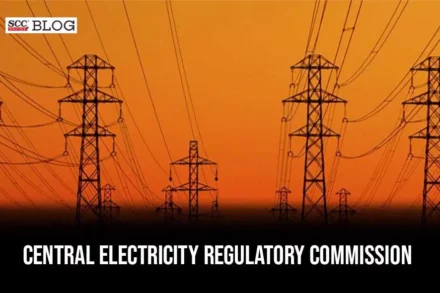
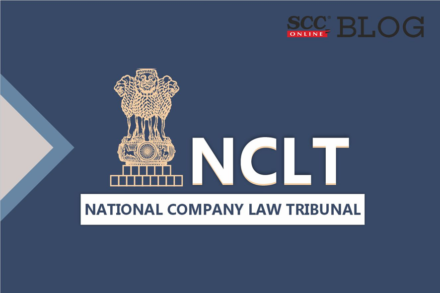
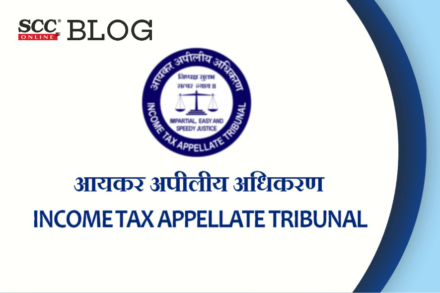
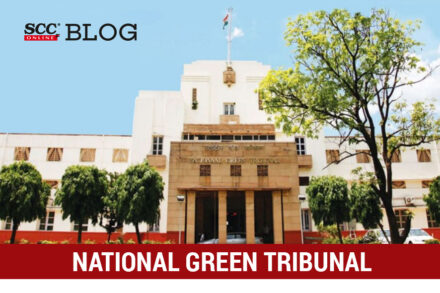
![district consumer disputes redressal commission [dcdrc], kamrup](https://www.scconline.com/blog/wp-content/uploads/2023/05/district-consumer-disputes-redressal-commission-dcdrc-kamrup-440x293.webp)
